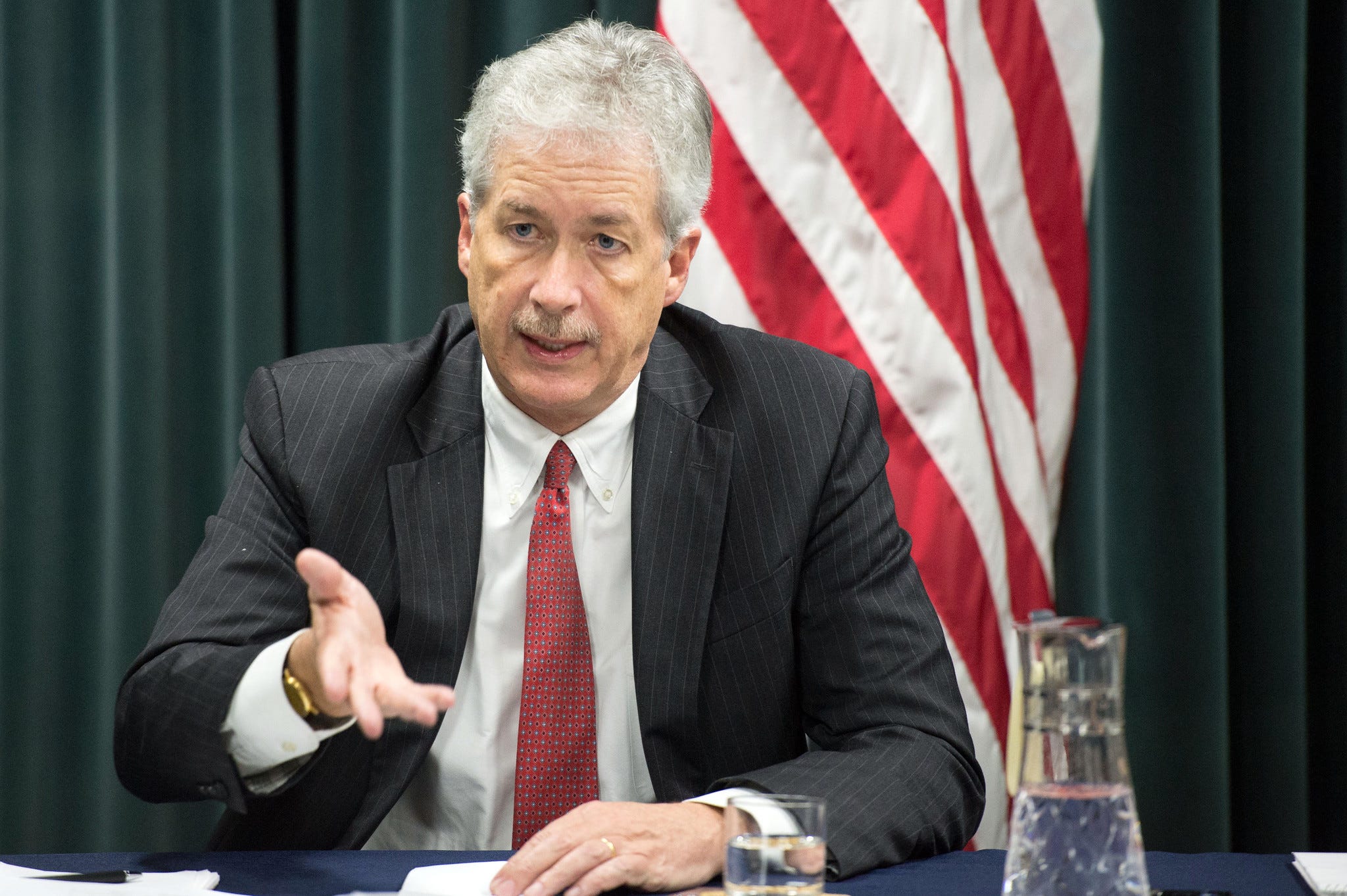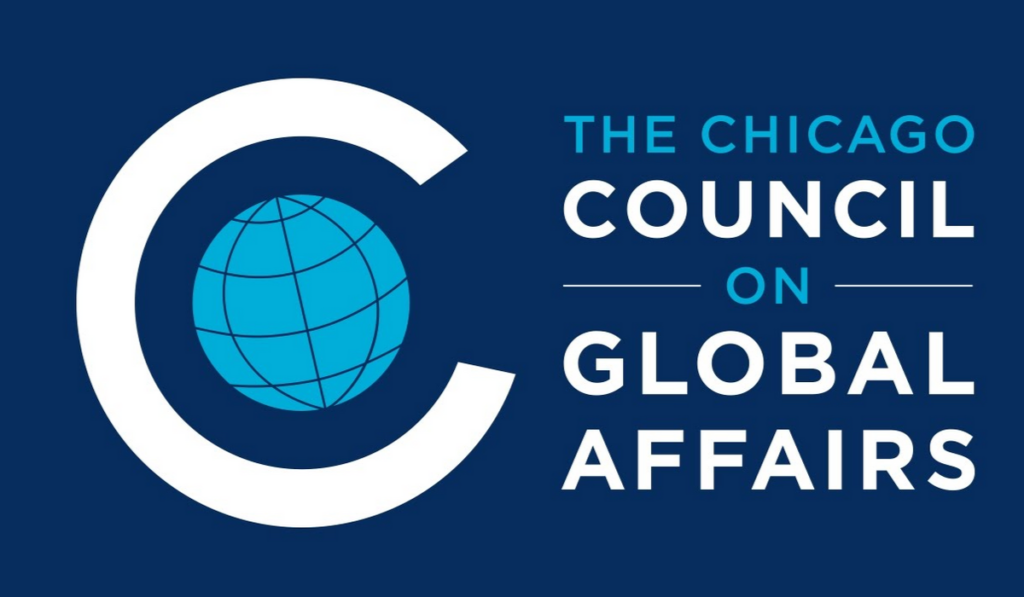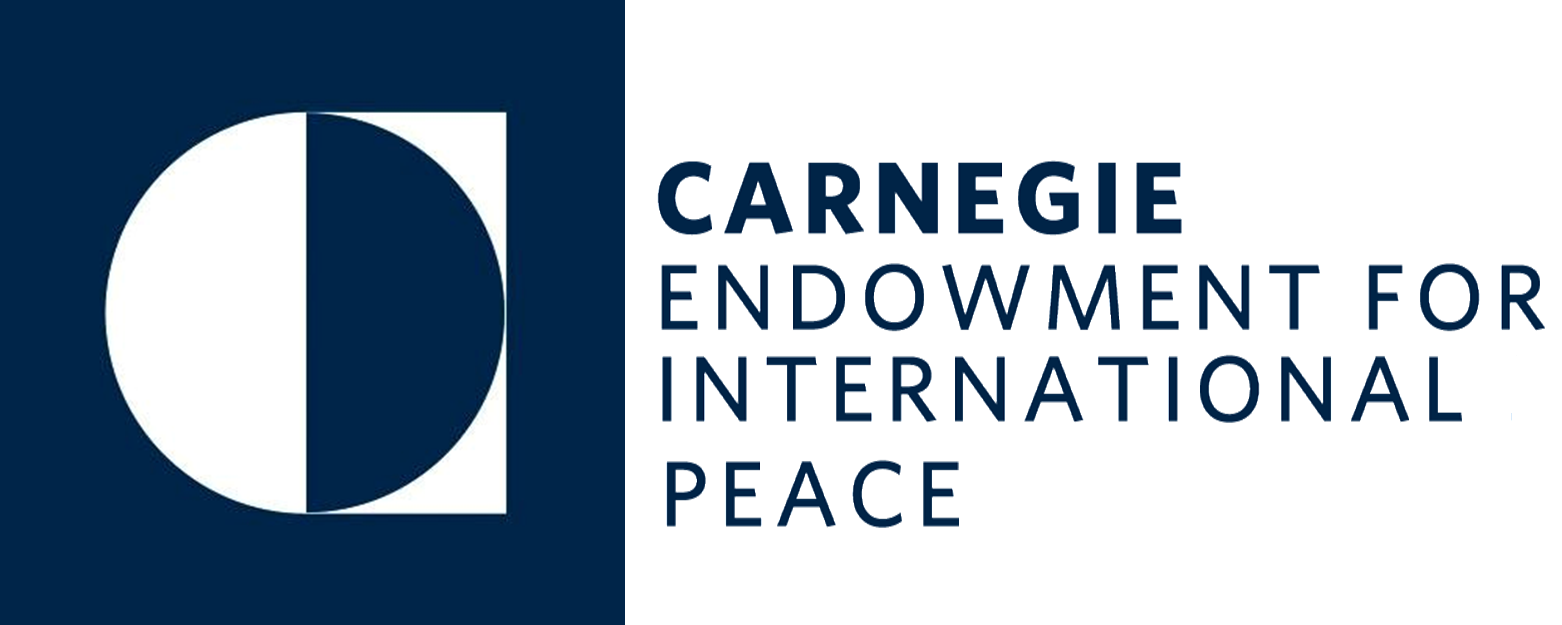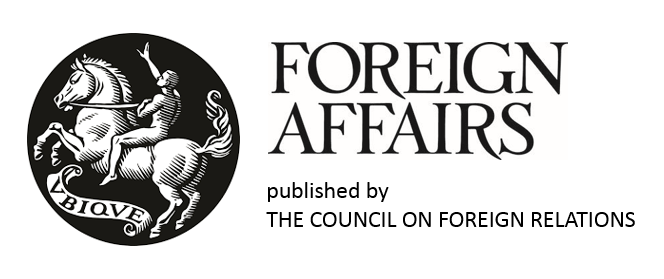Writing for ISD’s blog, The Diplomatic Pouch, Bunker Graduate Fellow in Diplomacy, Jonas Heering, analyzes recent trends in U.S. foreign policy and shines a spotlight on the work of scholars affiliated with ISD:

In just over a month, Americans will vote to elect a new president. Indeed, in some states, early voting has already begun. The two candidates, former Vice President Joe Biden and President Donald Trump, offer profoundly different visions for the future of U.S. foreign policy. Biden promises a return to multilateralism and principled U.S. engagement, while Trump would likely double down on “America First,” unilateralism, and further withdrawals from international treaties and organizations. This begs the question:
Where will the United States go next, and what challenges will U.S. foreign policy and diplomacy face in the future?
Unsurprisingly, the looming election has spurred a series of new surveys and reports on where the American public stands, and on where the country might go next. Several practitioners with connections to ISD have played a role in this important work.
Divided we stand?

During his recent book talk at ISD, Robert Zoellick cited a new survey by the Chicago Council on Global Affairs. The study, Divided We Stand, shows that the divergent visions promoted by the presidential candidates reflect the attitudes of their respective voters.
Republicans and Democrats differ sharply on various foreign policy issues. Members of the two tribes identify different threats that the United States faces going forward:
- Republicans rank the rise of China, international terrorism, and immigration as top three “critical threats.”
- Democrats are most concerned about COVID-19, climate change, and racial inequality.
- Americans are also split on how the United States should engage with other countries: almost half (48%) of Republicans believe that the United States is rich and powerful enough to act alone on the the international stage. This view appears to be rooted in a strong belief in American exceptionalism, which holds steady at 80% for Republicans, while Democrats’ belief in American exceptionalism has dropped from 55% to 35% since 2016.
As a result, Republicans overwhelmingly (61%) reject the notion that the United States should work through the United Nations, if it means putting U.S. interests second. Meanwhile, 84% of Democrats favor decision-making through the UN. Twice as many Democrats (72%) as Republicans (36%) believe that issues like climate change and pandemics require global solutions.
The COVID-19 crisis has further cemented this partisan divide: in the wake of the epidemic, 80% of Democrats think that the United States should collaborate with other countries to tackle common global challenges, compared to only 40% of Republicans. Among independents, and Americans overall, the share is 62%.
Despite these divergent views, an overall majority (68%) of Americans still think the United States should take an active role in the world — the same share as in 2019. More than seven in ten Americans still express support for NATO (including, still, a majority of both parties, though support for NATO among Republicans dropped from 71% to 60% since 2019). Likewise, a majority (65%) still believe that globalization is good for the United States, though there is a notable difference between Democrats (75%) and Republicans (55%).
On relations with China, 60% of Democrats favored friendly engagement, while 64% of Republicans want to actively limit Chinese influence in the world. These results suggest that, going forward, the question is not whether the United States will remain engaged in global affairs but in what form.
A path forward?

Some of the Chicago Council’s findings echo points made last week by ISD board of advisers member, and president of the Carnegie Endowment for International Peace, Ambassador William J. Burns.
Burns wrote in the Atlantic about a new Carnegie Endowment study, Making U.S. Foreign Policy Work Better for the Middle Class. Ambassador Burns highlights that most Americans are fed up with an over-militarized U.S. foreign policy. They have no interest in a new Cold War with China and demand a foreign policy that prioritizes values-based diplomacy.
In addition, Americans want U.S. foreign policy to be more closely linked to domestic policy. U.S. trade and economic policy should not just aim to open new markets abroad, but to strengthen competitiveness at home. To achieve these goals, Ambassador Burns argues for greater cooperation between the State Department and state and local governments, and that the Foreign Service will need to commit more emphatically to reflect the diverse population it represents abroad.

Ambassador Burns further addressed the themes of strengthening diversity and revitalizing the U.S. Foreign Service in a recent piece in Foreign Affairs, co-authored with ISD non-resident fellow Ambassador (ret.) Linda Thomas-Greenfield.
They highlight the ongoing personnel crisis at the State Department, driven by the current administration’s public attacks on Foreign Service Officers and career civil servants. Many senior officials have left the Foreign Service altogether as a result of the Trump administration’s approach to diplomacy.
To revitalize its diplomacy, the State Department will require a “surge” of new diplomats, Burns and Thomas-Greenfield argue. This surge should be rooted in increasing diversity — currently, only 14% of Foreign Service officers are Black or Latino, and female representation is as low as it was in 2000.
In addition, the hiring process for new diplomats will need revamping, to be less opaque and drawn-out. At the same time, the Foreign Service should focus on improving the quality of its training program and invest in new resources, to ensure that U.S. diplomats possess the right skills and technologies to meet the challenges of the 21st century.
Regardless of what direction U.S. foreign policy will take after the election, there appears to be a consensus among Americans that they have grown tired of military engagement abroad and favor a diplomacy-first approach.
Whether this will be grounded in bilateral engagement, as preferred by Republicans, or multilateral engagement, as preferred by Democrats, diplomacy will play a central role.